
British banks, prime ministers and parish vicars made millions from the slave trade. Plus Wirecard’s missing billions. The toppling of slave owner Edward Colston’s statue amid the Black Lives Matter…
Here you will find reparation news, articles and media posts

British banks, prime ministers and parish vicars made millions from the slave trade. Plus Wirecard’s missing billions. The toppling of slave owner Edward Colston’s statue amid the Black Lives Matter…
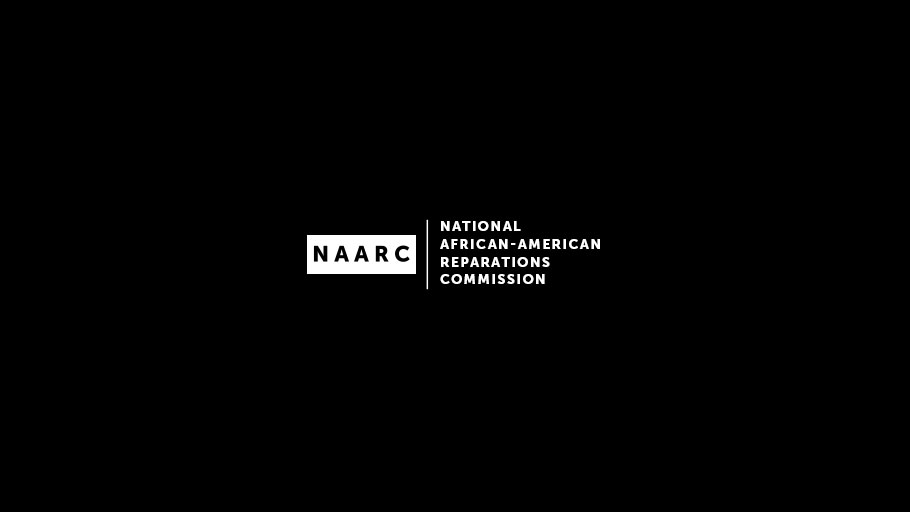
‘Why We Can’t Wait’ Campaign Builds on Unprecedented Support for HR 40 to Address Racial Injustice. Washington, DC, August 3, 2020 — The US Congress should address systemic racism by bringing House Resolution (HR) 40 to a full vote once it reaches the floor, more than 100 civil rights, human rights, and civil society organizations and businesses said today. The federal bill would establish a commission to investigate the legacy…
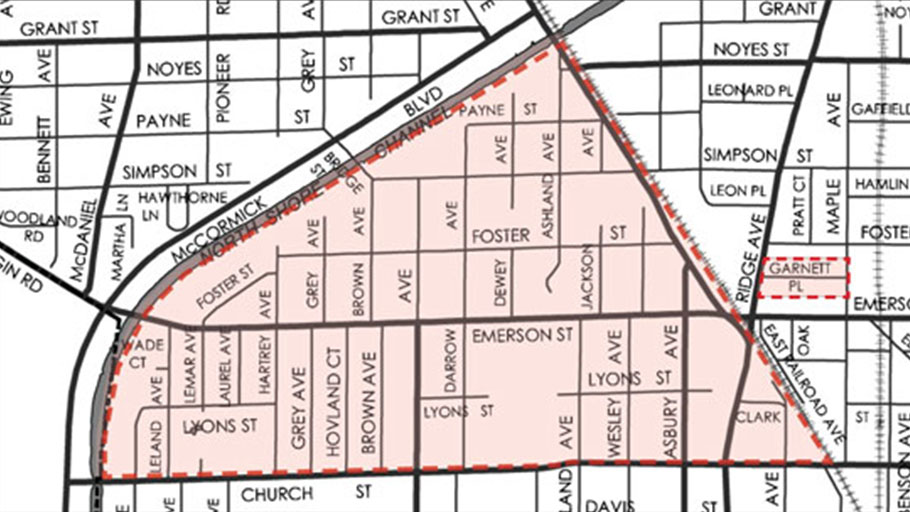
By Larry Gavin, Evanston Round Table — On July 24, members of the Reparations Subcommittee continued to discuss how to use the Reparations Funds to provide a remedy for Black…
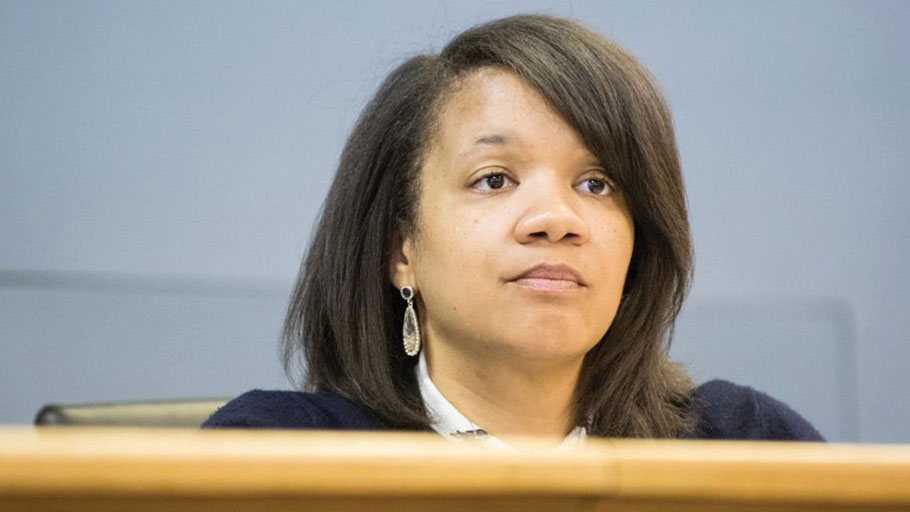
Ald. Robin Rue Simmons (5th). Simmons emphasized the Reparations Subcommittee’s plans to include both new homebuyers and current homeowners in restorative housing programs. By Julia Richardson — Evanston’s reparations subcommittee…

By Seth Cohen, Forbes — Over the weekend, popular Atlanta-based rapper and actor T.I. issued an open letter to Lloyd’s of London, calling on the well-known insurance company to pay…

By Ajamu Brown — The international outcry over police brutality and racial injustice towards Black Americans have amplified a myriad of underlying issues, from the lingering effects of slavery and…
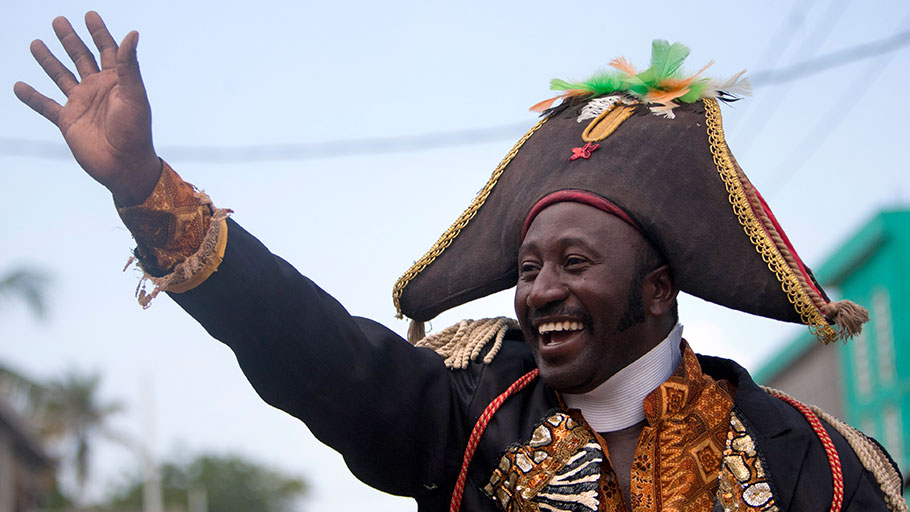
Why this matters today. By Julia Gaffield, The Washington Post — Global protests in support of Black Lives Matter have systematically exposed the legacies of slavery and colonialism today. This has put many on the defensive. White people are quick to tout stories of abolition, emphasizing the path bravely forged by imperial powers like Britain and France. They diminish the realities and consequences of slavery and colonialism by demanding gratitude for ending…
Jan Roberts, founder and president of Cultural Innovations in Action interviews Dr. Ron Daniels, President of IBW21 and Convener of NAARC. June 20, 2020 — Veteran social and political activist…
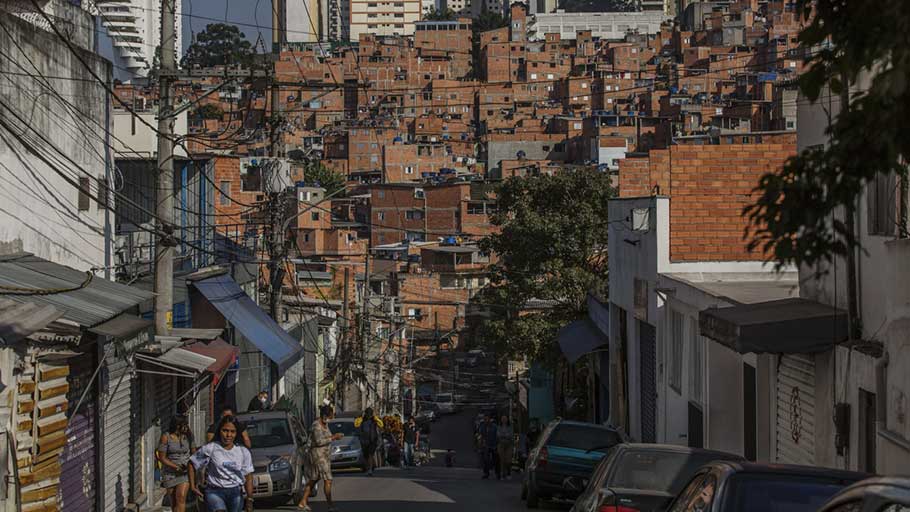
By Anakwa Dwamena, The New Yorker — Several months before the coronavirus first arrived in Brazil, this spring, a series of man-made tragedies befell Maria Marques Martins dos Santos. On November 12th, dos Santos, a thirty-eight-year-old mother of three, whose five-foot frame is crowned by curly brown hair, was at her home, in Favela do Amor, in São Paulo. Just after midnight, her fourteen-year-old son, Lucas, went out to buy soda and…
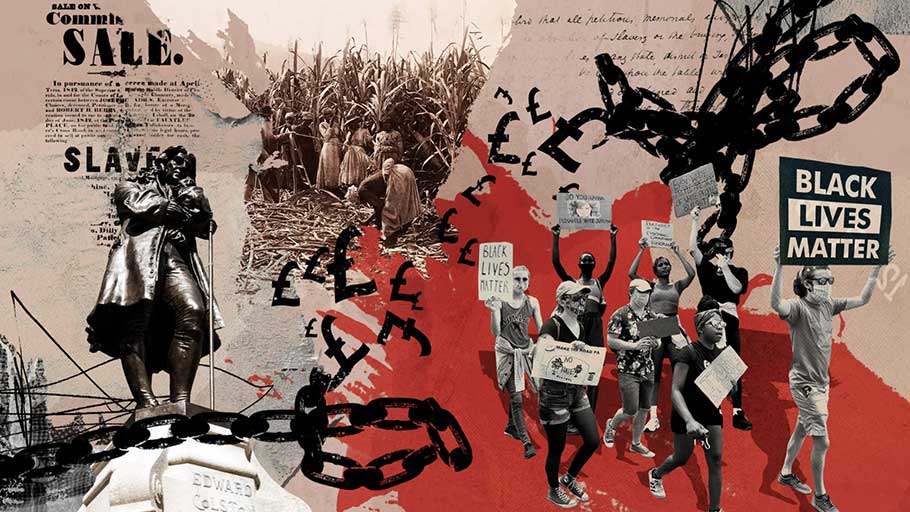
There is now a global debate focused on all those nations who built their wealth by denying black people humanity. By Afua Hirsch, The Guardian — I once asked a…
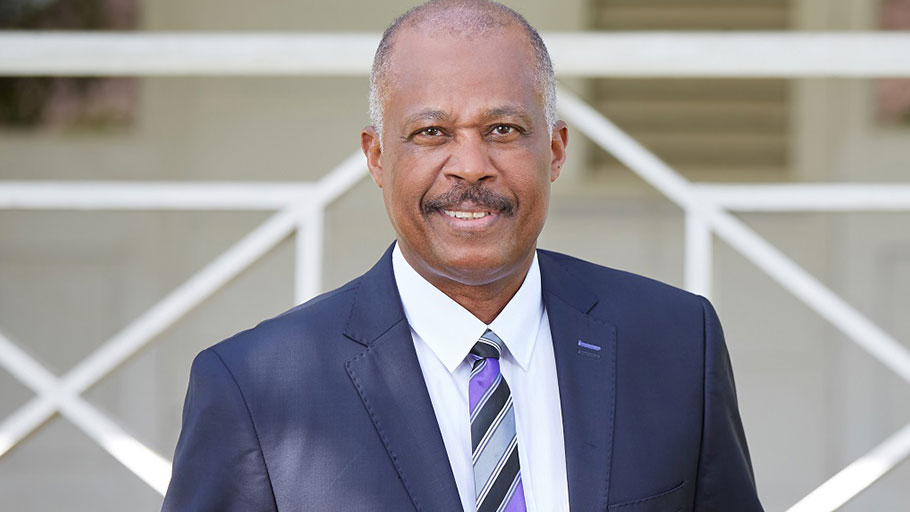
Says the time has come for a Caribbean Development Plan Prof. Sir Hilary Beckles, Chairman of the CARICOM Reparations Commission (CRC), is calling for a reparations summit involving the governments…
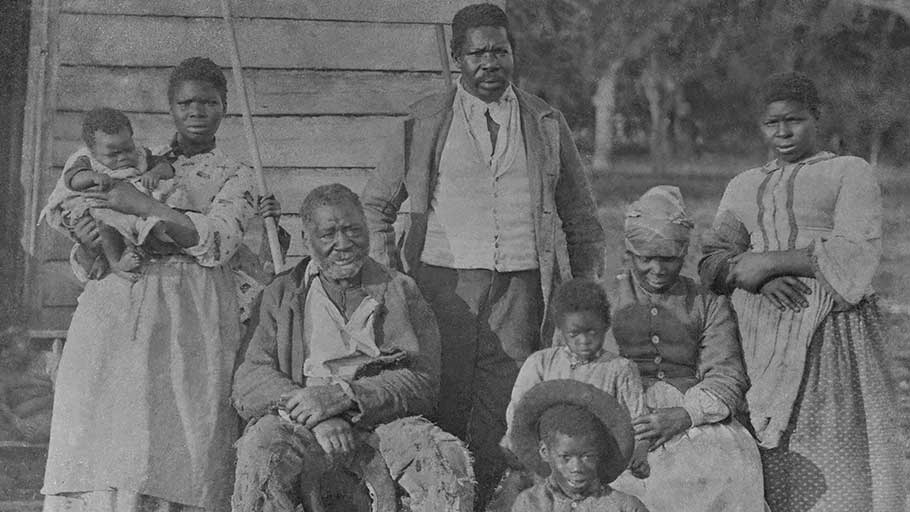
By Daina Ramey Berry — People think they know everything about slavery in the United States, but they don’t. They think the majority of African slaves came to the American colonies, but they didn’t. They talk about 400 years of slavery, but it wasn’t. They claim all Southerners owned slaves, but they didn’t. Some argue it was all a long time ago, but it wasn’t. Slavery has been in the…